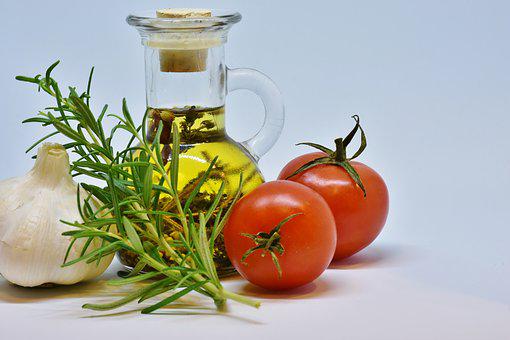Castor oil is a vegetable oil that is derived from the seeds of the castor plant (Ricinus communis). It has been used for centuries as a natural remedy for a variety of ailments and is still popular today for its many health benefits. In this article, we will take a closer look at the nutritional value of castor oil per 100g and discuss whether or not it is healthy for you.
First, let’s take a look at the nutritional value of castor oil per 100g. According to the USDA, 100g of castor oil contains 884 calories, 99.6g of total fat, and 0g of protein, carbohydrates, and fiber. The majority of the fat in castor oil is in the form of ricinoleic acid, which is a type of fatty acid that is unique to castor oil. This fatty acid has been found to have anti-inflammatory, antimicrobial, and pain-relieving properties.
In terms of vitamins and minerals, castor oil is not a significant source of any. However, it does contain small amounts of Vitamin E and minerals such as potassium and magnesium.
Now let’s talk about whether or not castor oil is healthy for you. While castor oil does contain a high amount of calories and fat, it is important to note that it is a natural and unrefined oil that is free from artificial preservatives and chemicals. Additionally, the ricinoleic acid found in castor oil has been found to have numerous health benefits.
One of the most well-known benefits of castor oil is its ability to promote healthy hair and skin. The ricinoleic acid in castor oil is thought to nourish the hair and scalp, helping to prevent hair loss and promote hair growth. Castor oil is also a popular ingredient in skin care products because it is believed to help moisturize and soothe dry, irritated skin.
Another benefit of castor oil is its anti-inflammatory properties. Studies have shown that the ricinoleic acid in castor oil can reduce inflammation in the body, which may be beneficial for those with conditions such as arthritis and eczema.
Castor oil is also believed to have antimicrobial properties, which means it may be able to help fight off harmful bacteria and viruses. This may make it useful in preventing and treating infections.
In addition, castor oil has been used as a natural laxative for centuries. It works by stimulating the muscles in the intestines, which helps to move stool through the digestive tract. However, it should be used with caution as excessive use or use during pregnancy or breastfeeding is not recommended.
Overall, while castor oil is high in calories and fat, it is also a natural and unrefined oil that is free from artificial preservatives and chemicals. Additionally, the ricinoleic acid found in castor oil has been found to have numerous health benefits, such as promoting healthy hair and skin, reducing inflammation, and having antimicrobial properties. It is always recommended to consult with a healthcare professional before taking castor oil for medicinal purposes.
In conclusion, castor oil per 100g is high in calories and fat, but it also has unique properties such as ricinoleic acid, which has been found to have anti-inflammatory, antimicrobial, and pain-relieving properties. It can be beneficial for hair, skin and in some medicinal purposes, but it is always recommended to consult with a healthcare professional before taking castor oil.

 Home
Home Health
Health Diet & Nutrition
Diet & Nutrition Living Well
Living Well More
More












